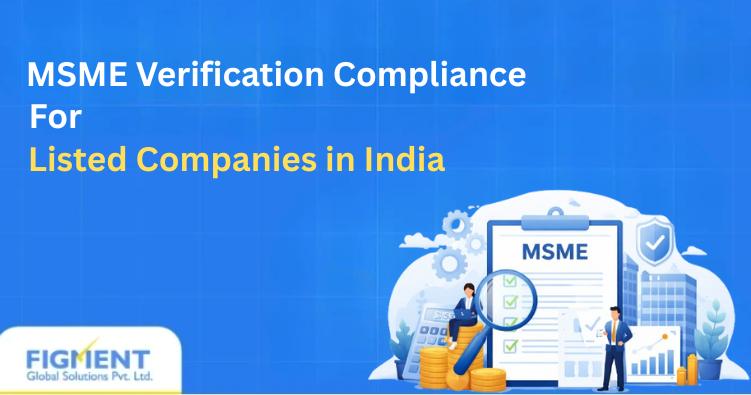BANKING SERVICES UNDER GST W.E.F. JULY 1, 2017
In our economy, the banking industry is crucial to revenue generation. Following the introduction of GST, the banking industry saw one of the most significant changes. The main objective of the GST was to avoid the double taxation on goods and services.
Banking services are likewise subject to GST unless they are exempted by notification or are otherwise categorized as non-GST supplies. Additionally, as stated in Schedule I of the Central Goods and Services Act, 2017 (“the CGST Act”), the following acts are liable to tax and will be considered supplies even if they are done without consideration.
This is a radical change from the previous system.
- Transferring or disposing of business assets permanently when an input tax credit (or “ITC”) has been applied to them.
- Inter Unit Supply:
When made in the course or furtherance of business, the supply of products, services, or both between related or different people is defined in Section 25.
Any supply of goods, services, or both between:
- Different bank branches with separate GST registration,
- The head office and different bank branches with separate GST registration
Falls under the purview of this clause, even if there is no payment made between the supplier and the recipient for such services.
EFFECT OF GST ON BANKING SECTOR:
- No more centralized registration
- Actionable Claims Included in definition of supply.
- Assessment and Adjudication became difficult
- Inter-branch GST implications
- Invoice requirements
RATE OF GST ON BANKING & OTHER FINANCIAL SERVICES
The tax rate on service charges and other amounts collected in lieu of the taxable supplies made by the banks, such as but not limited to credit card-related services, fund transfer services, ATM transaction services, processing fees on loans, etc., has increased from 15% under the previous indirect tax system to 18% under the GST.
RELEVANT EXEMPTIONS UNDER GST:
As there is no Negative List concept under GST, all the supplies by a bank are taxable unless specifically exempted under the exemption notification, some of which is as follows:.
Services by way of—
(i) extending deposits, loans or advances in so far as the consideration is represented by way of interest or discount (other than interest involved in credit card services);
(ii) inter se sale or purchase of foreign currency amongst banks or authorised dealers of foreign exchange or amongst banks and such dealers.
- Services provided by a banking company to Basic Savings Bank Deposit (BSBD) account holders under Pradhan Mantri Jan Dhan Yojana (PMJDY).
- Services by an acquiring bank to any person in relation to settlement of an amount up to Rs. 2,000 in a single transaction transacted through credit card, debit card, charge card, or other payment card service.
- Services supplied by Central Government, State Government, and Union territory to their undertakings or Public Sector Undertakings (PSUs) by way of guaranteeing the loans taken by such undertakings or PSUs from the banking companies and financial institutions
- Services by way of collection of contribution under the Atal Pension Yojana and many more.
INPUT TAX CREDIT:
A banking firm or financial institution, including a non-banking financial organisation, that provides services by taking deposits, making loans, or making advances is eligible to get an ITC under the GST system in one of the two ways listed below under Section 17(4) of the CGST Act. After the option has been exercised, it cannot be withdrawn for the remainder of the fiscal year.
OPTION I
Reverse the credit pertaining to exempted services as per the method stated in section 17(2) of the CGST Act read with the relevant State Act and Rules thereof.
OPTION II
Avail 50% of the eligible ITC on inputs, capital goods, and input services in that month, and the rest shall lapse.
And accordingly follow the following procedure in accordance with rule 38 of the CGST Rules:
1. Such banking company or financial institution shall not avail credit of:
- The tax paid on inputs and input services that are used for non-business purposes, and
- The credit attributable to the supplies specified in section 17(5)
2. Furthermore, if any tax is paid on supplies made by one registered person to another with the same PAN, the 50% restriction requirement will not apply. Hence, a banking company or financial institution shall avail the credit of tax paid on inputs and input services in case of supplies made to its own branches under the same PAN.
3. 50% of the balance amount of input tax credit shall be reversed in FORM GSTR3B.
CONCLUSION:
It was expected that the GST would revolutionize the Indian economy after it was put into effect. Because it was designed to assist businesses become more efficient by making tax compliance easier.
With a 3% increase in indirect tax levied on banking services, the effects of GST are clear. The burden of compliance for banking organizations. Is further increased by the requirement that they register separately in each state in which they do business. Therefore, the impact of the GST in banking sector has not yet. Helped the Indian economy or its end consumers.







